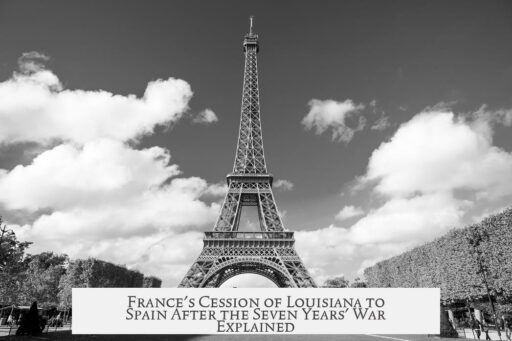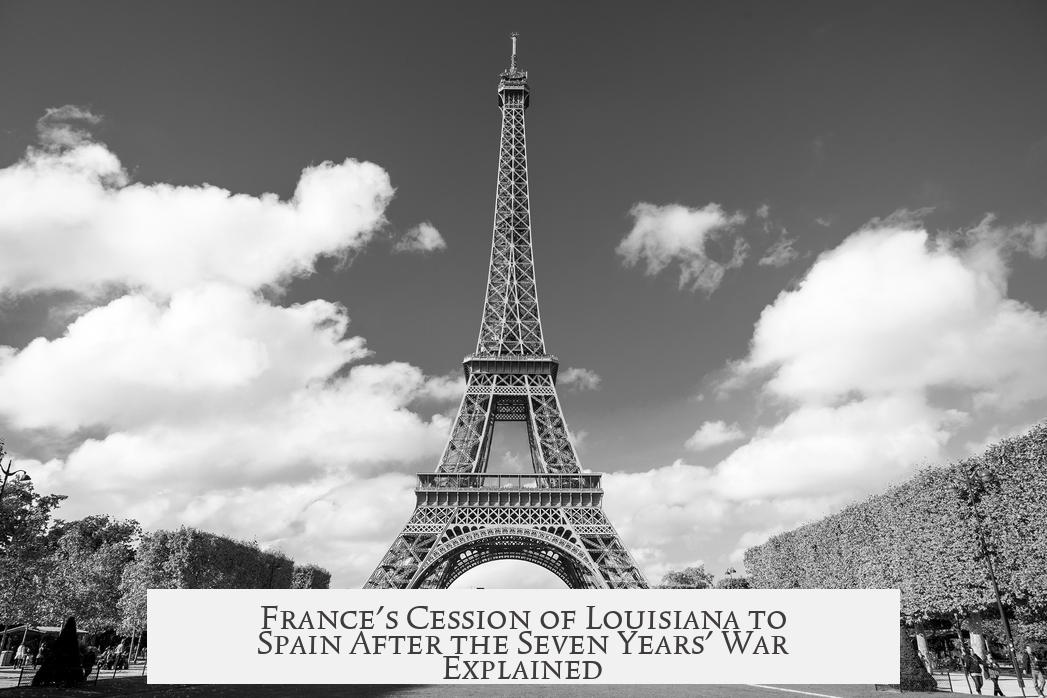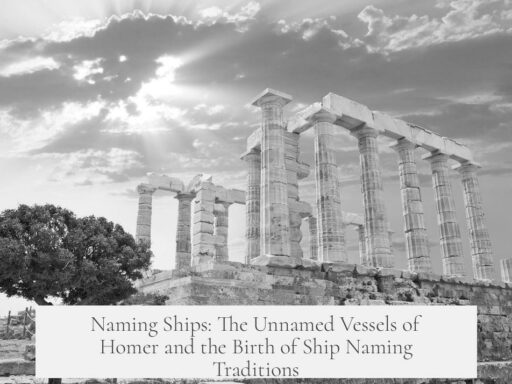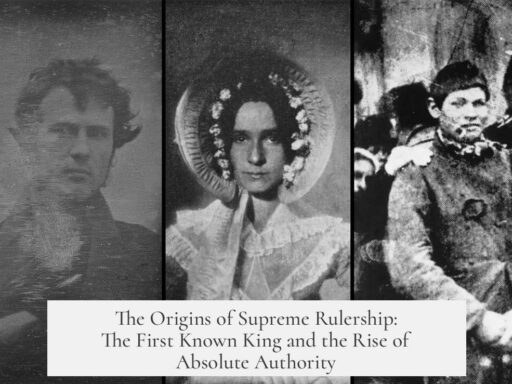France ceded Louisiana to Spain after the Seven Years’ War primarily as a strategic move tied to its defeat in the French and Indian War and the complex alliance politics of the time.
France lost the French and Indian War in North America, a conflict that drained resources and forced it to negotiate peace. Spain had entered the war on France’s side, sacrificing territory during the conflict. To compensate Spain for its losses and maintain the alliance, France transferred Louisiana to Spain. This cession occurred despite Louisiana’s fertility and value because it represented a crucial connection—or artery—to Canada, a region France expected to lose regardless.
The French focused on retaining Caribbean colonies, which they deemed far more important economically and strategically. The transfer was formalized in two related treaties, negotiated by the same delegation and signed in secrecy. This secrecy underscored the sensitive nature of the territorial exchanges and the fragile diplomatic balance in the war’s aftermath.
After Spain assumed control, the French settlers in Louisiana resisted Spanish governance. Initial Spanish administrators were expelled by the French population, who refused to adopt Spanish laws and customs. Instead, they established parallel court systems based on French legal traditions, exercising jurisdiction voluntarily. This resistance maintained French civil law practices long after the transfer, preserving them until France briefly regained the territory.
This legal framework influenced Louisiana even after it became part of the United States. Unlike all other states that follow British common law, Louisiana retained a civil law system rooted in European Roman law, inherited through French rule. Thomas Jefferson, upon the Louisiana Purchase, allowed the region to keep its legal identity. This decision allowed Louisiana’s residents to enshrine French law into their new democratic constitution.
- France ceded Louisiana to Spain to compensate an ally after defeat.
- Louisiana was a strategic link to Canada, which France expected to lose.
- French settlers resisted Spanish rule, preserving French legal customs.
- The civil law tradition in Louisiana persists uniquely in the U.S.
- France prioritized Caribbean colonies over Louisiana for economic reasons.
Why Did France Cede Louisiana to Spain After the Seven Years’ War?
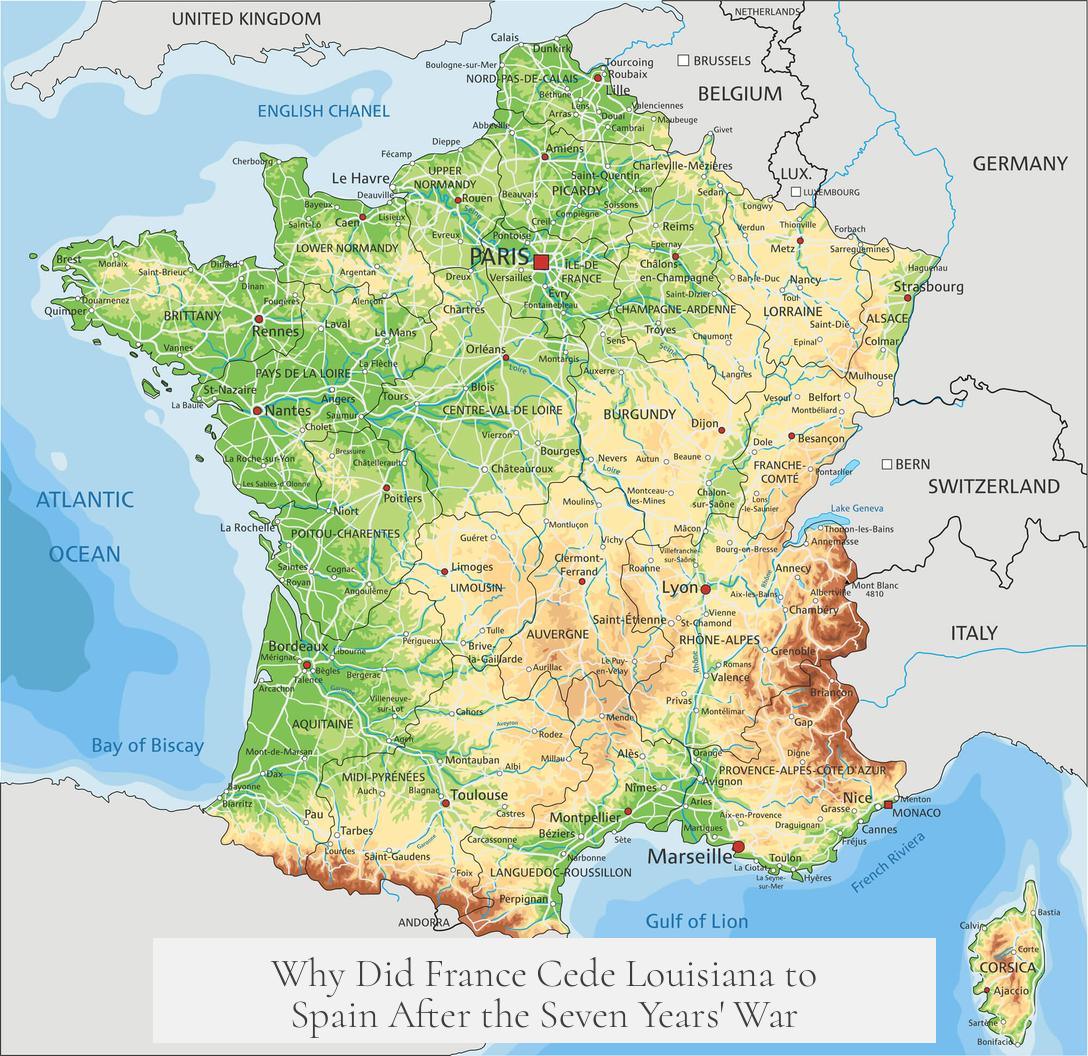
The short answer: France gave Louisiana to Spain after the Seven Years’ War because it had to make tough territorial sacrifices as part of a complex peace deal that rewarded Spain’s alliance and preserved what France valued most. Now, let’s break down this historic game of colonial chess.
The Seven Years’ War (1756-1763)—often called the first “world war” since it involved battles across Europe, America, Africa, and Asia—left France licking its wounds. On the North American stage, this conflict is better known as the French and Indian War. France lost key territories in this part of the world, most notably Canada. So, when the dust settled, France needed to regroup and negotiate peace terms carefully.
The Context of Cession: A Necessary Move After Defeat
France’s defeat in the French and Indian War meant more than just losing battles; it demanded serious concessions. France faced an unpleasant reality: hold on to what it could or risk losing everything.
Louisiana, a vast and somewhat mysterious territory stretching from the Mississippi River to the Rockies, was fertile but not as economically valuable as some Caribbean islands. More importantly, Louisiana served as a crucial artery toward Canada—the larger prize France expected to lose. With Canada slipping out of their grasp, Louisiana’s strategic value diminished.
So France had a decision. Would it keep Louisiana and risk further losses or use it as a bargaining chip? The answer slipped out in a secret, little-known treaty negotiation.
Alliance and Compensation: Why Spain Got Louisiana
Spain, France’s ally in this brutal global conflict, had sacrificed much, notably Florida, which it ceded to Great Britain. To compensate for Spain’s losses and maintain the alliance, France negotiated to hand over Louisiana—yes, in secret. Think of this like a secret swap in a high-stakes poker game. Both countries needed to keep their cards close.
Spain’s involvement in the war, and the sacrifices it had made, gave it a strong claim to Louisiana. This land was granted not because it was a British prize but as a thank you for Spain’s support and losses.
The secrecy of this transfer was crucial. France did not want British or colonial powers to clamor for more territories or destabilize the fragile peace. So, the treaties were carefully tucked away from public knowledge at first.
Why Not Keep Louisiana? France Prioritized Caribbean Holdings
The French held valuable islands in the Caribbean, packed with sugar plantations and wealth that Louisiana couldn’t match. Economically and strategically, these islands mattered far more to France.
Compared to the booming sugar economies of Guadeloupe and Martinique, Louisiana was a sprawling land but thinly populated and harder to defend. Losing Louisiana stung on paper but was manageable in reality.
The French crossed their fingers and kept their prized Caribbean possessions, while Spain took over Louisiana, expanding its empire westward.
The French Colonists’ Tennysian Resistance to Spanish Rule

France’s cession of Louisiana wasn’t well received by the local population. The French who lived in Louisiana didn’t exactly roll out the welcome mat for their new Spanish rulers. Actually, they drove off the first Spanish governors!
Even after Spain managed to establish control, the French settlers refused to adopt Spanish laws or customs. Instead, they set up parallel courts and stayed loyal to their French legal traditions.
This resistance preserved French legal culture in Louisiana for decades. It even marked a precursor for later pushback when the territory transferred to U.S. control. Can you imagine local colonists stubbornly clinging to their French law instead of switching to Spanish rules? That was Louisiana’s spirit.
Legacy: French Law Survives—and Thrives—in Louisiana
When the U.S. acquired Louisiana with the Louisiana Purchase in 1803, President Thomas Jefferson faced a delicate situation. The French legal legacy wasn’t just quaint history; it was the backbone of the new territory’s identity.
Rather than pushing for quick Americanization, Jefferson let Louisiana’s residents keep their French civil law system, which dates back to Roman law traditions brought over centuries before. Nearly every other state in the U.S. follows British common law, but Louisiana stands apart, proud custodian of its unique legal heritage.
What Can We Learn From This?
The cession of Louisiana to Spain teaches us about the complex diplomacy of great powers and the local reactions to empire changes. It underscores how wars reshape maps but also how local cultures resist, adapt, and preserve their identity.
So next time you visit New Orleans or marvel at Louisiana’s French vibe, remember it is living proof of these centuries-old negotiations, secret treaties, and stubborn colonists who refused to give up their laws.
In a way, Louisiana’s legacy tells us: territories are more than dots on a map. They’re communities with memories, customs, and a mind of their own.
Questions to Ponder
- Could France have held onto Louisiana if it had prioritized the territory differently?
- How might American history have changed if Louisiana kept Spanish laws instead of French ones?
- What are other examples where local populations resisted imperial rule yet influenced legal traditions?
If history were a chess game, France handing over Louisiana to Spain was a strategic sacrifice guided by alliance loyalty and focus on more valuable possessions. Yet, Louisiana itself won by preserving its unique French soul amidst changing rulers—and that story continues to charm us today.
